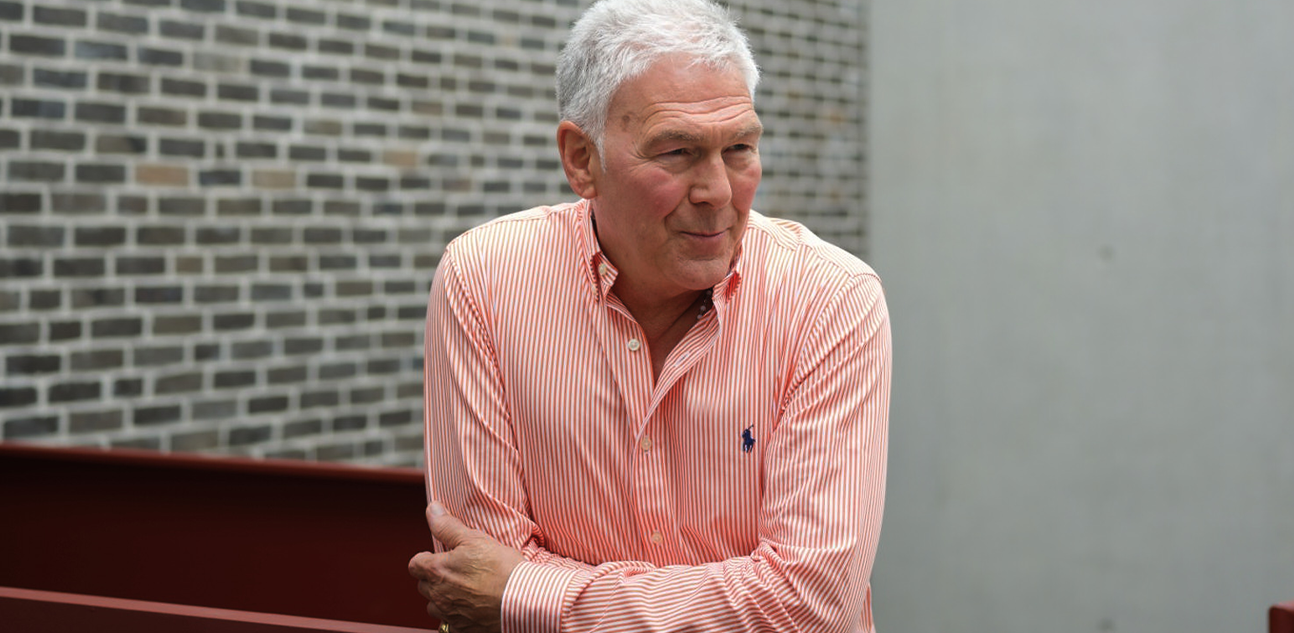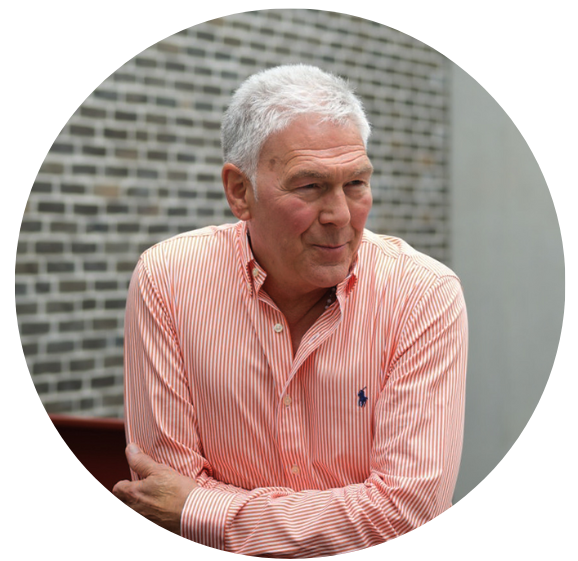
Nick Scott on big group's transition to an Employee Owned Business
Congratulations on the decision to make your company employee-owned! What inspired you to take this step and involve your team in the company's ownership?
We wanted big group to continue to succeed independently, after 30 years in business we knew the advantages and disadvantages of ownership. Ultimately, the EOT path was the right one to take and reward our committed employees so that they could be in control of and define the future growth of the business they are both part of and integral to. In addition, and very importantly, it provides stability and continuity for our clients. Our goal is to be the UK’s leading independent integrated marketing agency, and this is another step in making that happen.
As a founder, how does it feel to share the company's success with your employees? Have you noticed any positive changes since implementing the employee-owned model?
We have always promoted a reasonably even structure and ensured everyone benefited from being employed at big –but now it’s not ‘us’ and ‘them’ – it’s all us! As an EOT, there is a requirement to be more transparent, and there is a strong desire to develop an even more open, collaborative, and consultative approach but like everything, it’s a work in progress. Nothing is going to happen without teamwork, and as CEO, I am still expecting everyone to pull their weight and do their fair share not just for themselves but for everyone – that, in fact, is the reason we have managed to be trading for over 30 years!
The Employee Council plays an important role in an EOT. Could you shed some light on their responsibilities and how they contribute to decision-making within big group?
The role of the Employee Council is to act as the collective employee voice, a filter on issues that have a collective impact; this could relate to investment, growth or how we integrate new innovations like AI. The Council will collaborate with the management boards on matters of mutual interest, which is all about ensuring the success of the business.
Selecting the Employee Council must have been an interesting process. Can you share some insights into how you went about choosing the members for big group's Employee Council?
Well, it wasn’t me for a start but several of my colleagues on the board. We took learnings from other EOTs and with the guidance of the Employee Ownership Association, three Directors established the framework for the Council by asking the company - including the Board Directors - for nominations for the Council. We wanted the geography of the company to be represented, and we have selected three members from our London office, one from Bath and one from Amsterdam.
We looked to achieve the best balance of characteristics and experience across the group to ensure we could get the greatest diversity, through gender, age, length of service and working circumstances – as well as what their day job was! We also sent two Directors to an Employee Voice Training Course to understand how best to develop and guide the initial Employee Council, and I think we have a very good one by the way!
Building a successful company often involves taking risks and learning from failures. What have been some of the challenges of transitioning to an EOT?
It’s important for the team to understand the positives of employee ownership and the responsibilities that come with building the future success of big group. JFK offered a very famous quote “Ask not what your country can do for you but what you can do for your country”.
I think it is very relevant for an EOT business.
We also now have an additional two layers with a Trust board and the Employee Council as well as the existing board of directors. This will have its own set of challenges – as anyone running a business will empathise – it will take a while to work out the dynamics but that really is part of the fun and the privilege of running a business, most importantly we will always be an outward-looking business with commercial objectives.
The marketing/media industry seems to be embracing EOTs; from your perspective, why do you think this industry is particularly receptive to the employee ownership model?
The media industry attracts people with passion, unique talent, and a love of the craft. An EOT structure allows teams to focus on the reason they are in this business in the first place with the added benefit of a stable environment, which is not solely focused on a “big sale” for the founders or external shareholders but one that rewards effort, commitment, and talent.
Employee-owned companies often have a unique company culture, if you could describe big group in three words, what would they be?
Oh that is easy, Side by side.
